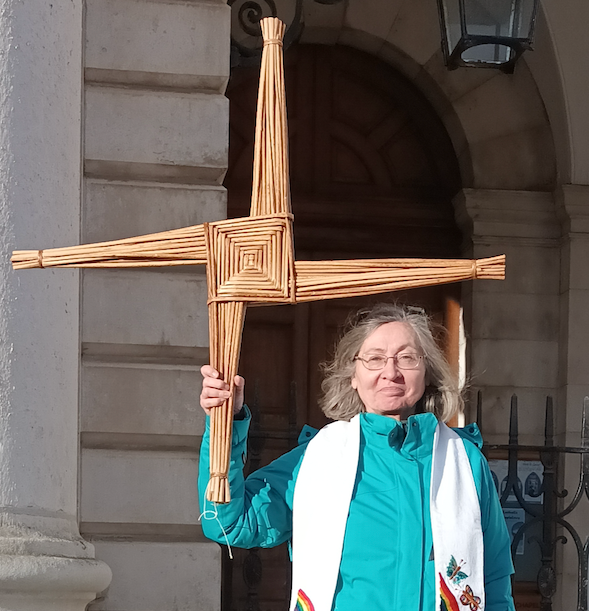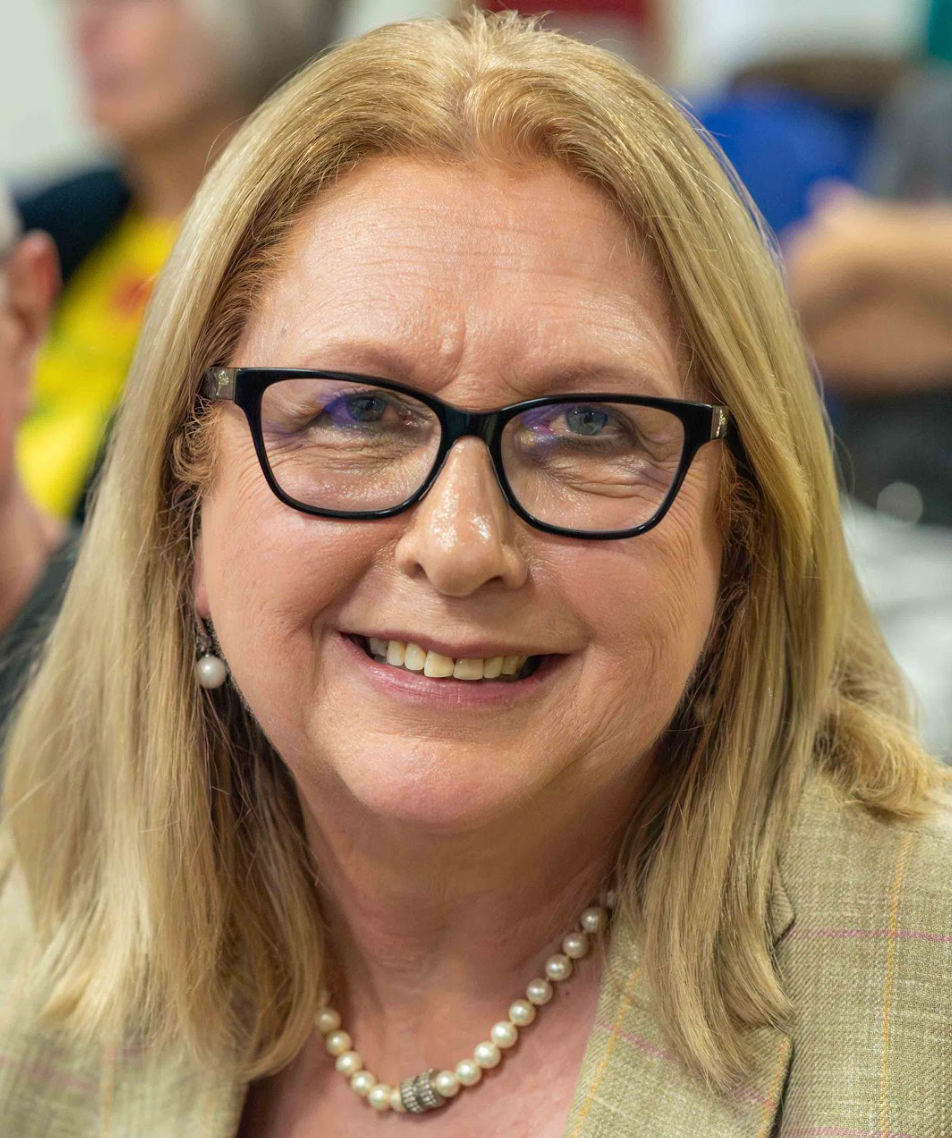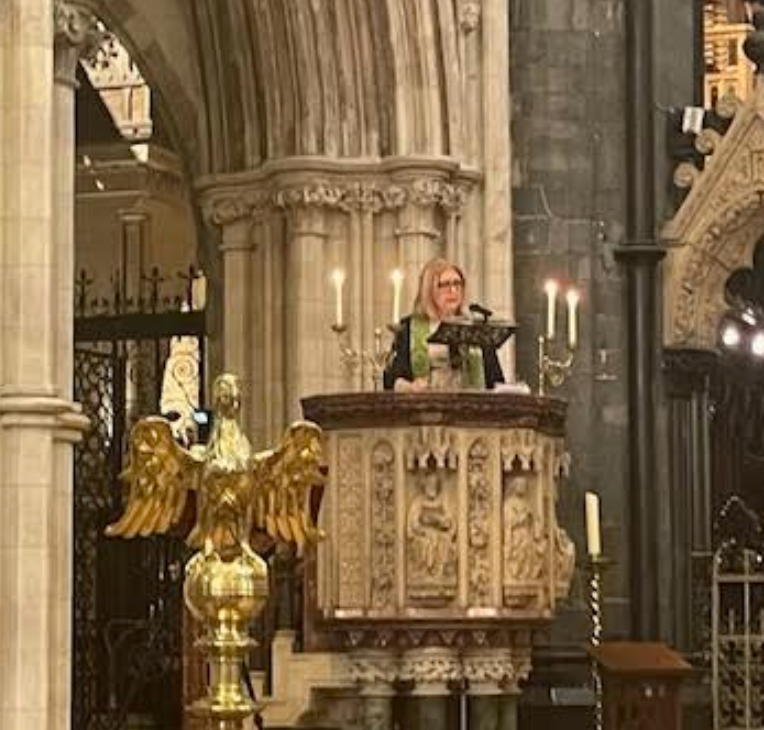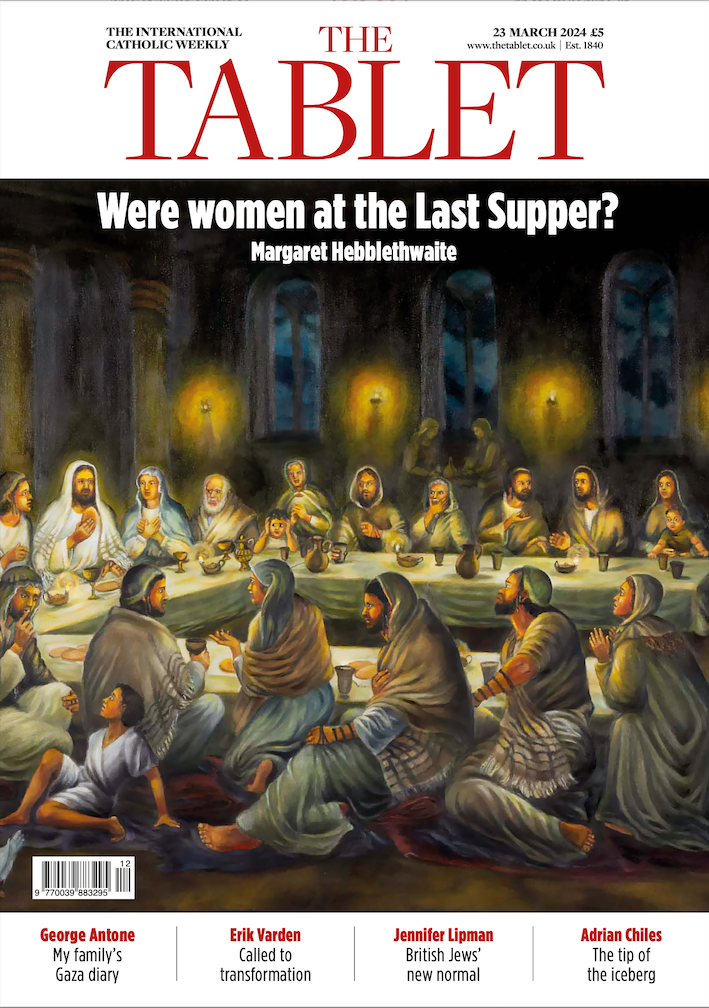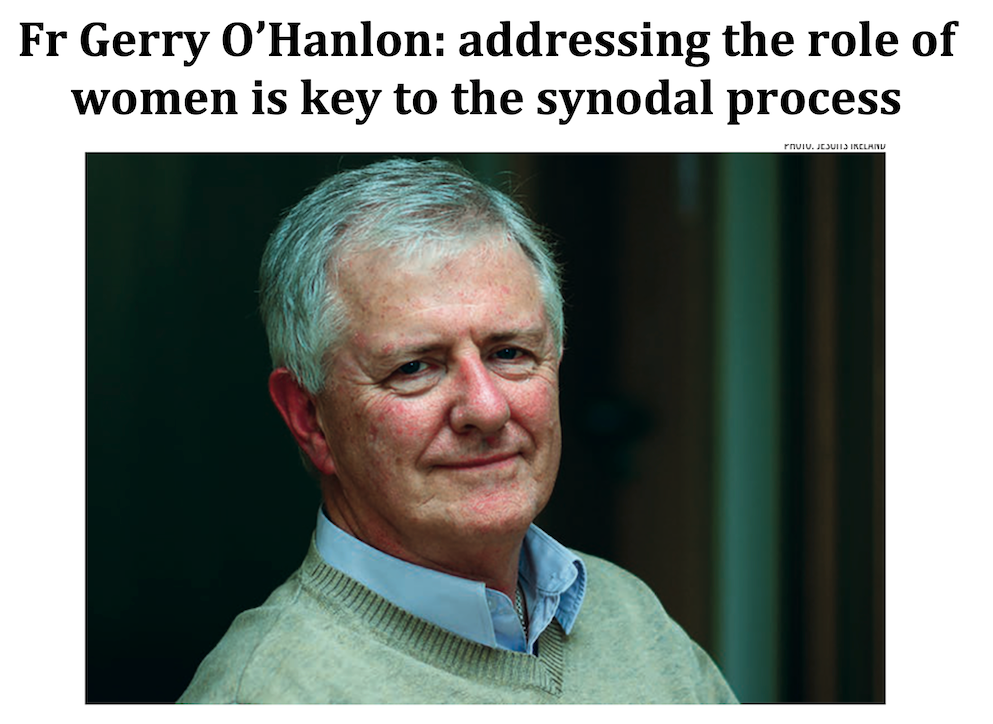Press Release: Catholic women call for the Holy See to join the Council of Europe
“Our Catholic faith cannot be regarded as separate from our commitment to human rights!”
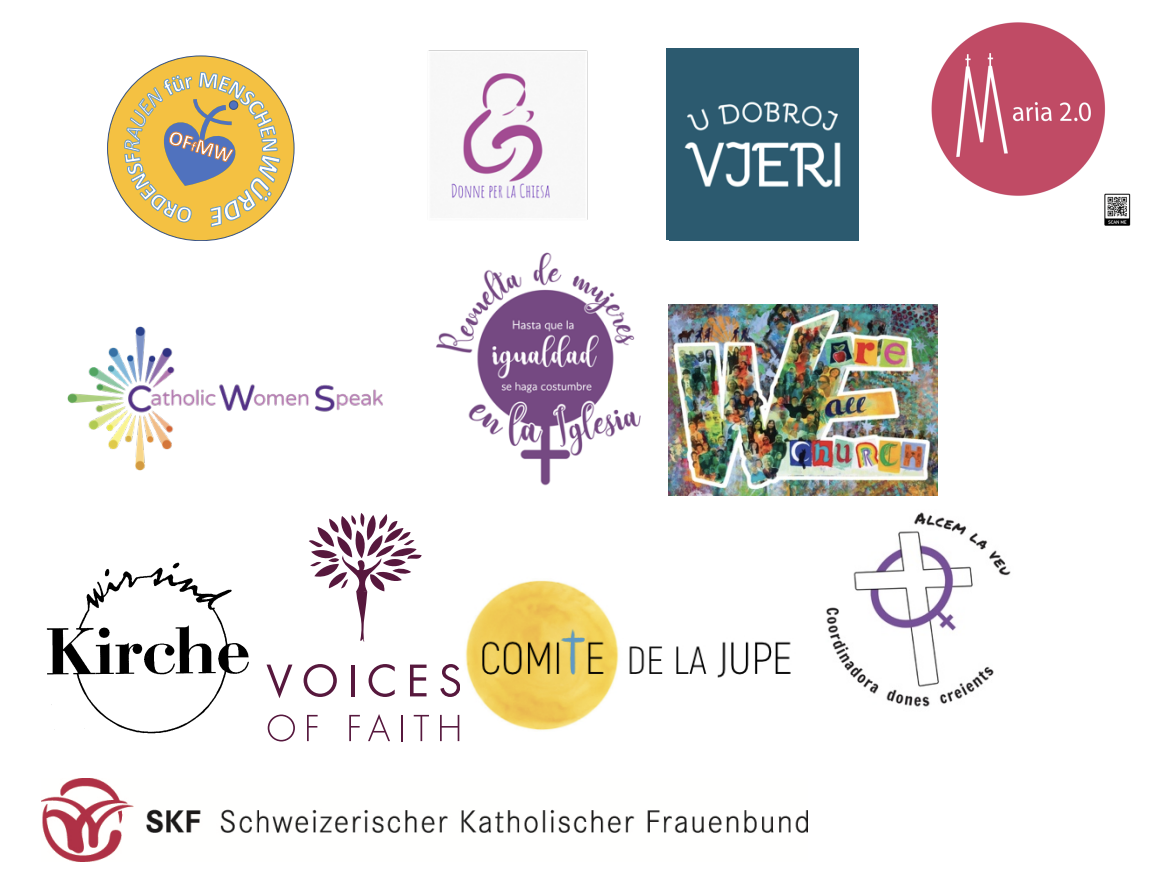
Rome, Vaduz, Munich, Milan, Cologne, Lyon, London, Zagreb, Madrid, Barcelona, Innsbruck, Dublin, Lucerne 10.12.2021
In a joint declaration, influential Catholic women's rights organisations call on the Holy See to join the Council of Europe and to sign the European Convention on Human Rights.
The occasion is International Human Rights Day, which is celebrated on 10.12.2021.
Among the signatories are Ordensfrauen für Menschenwürde ((Germany), Donne per la Chiesa (Italy), Maria 2.0 (Germany), Voices of Faith (Rome/Liechtenstein), Comité de la Jupe (France), Catholic Women Speak (United Kingdom), In Bona Fide (Croatia), la Revuelta de Mujeres (Spain), Alcem La Veu (Spain), We are Church (Ireland), Wir sind Kirche (Germany & Austria), SKF Schweizerischer Katholischer Frauenbund (Switzerland):
"For years, the Holy See has acted like a state in its own right. This gives rise to rights, but also to duties", the signatories said.
The Lateran Treaty between the Holy See and Italy is over ninety years old. The European Court of Human Rights (ECtHR) has been in existence for over sixty years.
On 12 October 2021, the ECtHR published its findings on the first ever tribunal involving the Holy See.
In this judgment, the ECtHR recalls that the Holy See had already concluded treaties with third States and also international agreements. The Court concludes from this that the Holy See has state-like characteristics. In other words, it qualifies the Holy See in principle as a State in its own right. This is not surprising, since the Holy See acts like a state in its own right vis-à-vis states and also, for example, at the United Nations.
It is at this point that Catholic women raise a question: "If the Holy See is considered a State, why is it not a member of the Council of Europe?“
The Council of Europe is the oldest international organisation in Europe. It is considered to be the voice of democratic conscience in Europe. It is the defender of human rights and has 47 member countries to date.
This recognition of the significance of the Council of Europe in defending human rights makes us ask why the Holy See does not seek membership of the Council of Europe.
The criteria in the judgment of the ECtHR make clear that it already functions and is recognized as a state in many contexts, so why not as a member of the Council of Europe?
As a permanent observer, the Holy See has ratified various Council of Europe agreements. ii
Human rights are not only important to the Council of Europe, but also to the Holy See. This is emphasized again and again. For example, Pope Francis said: "[...]when the Lord Jesus Christ healed lepers, gave sight to the blind, consorted with publicans, spared the life of the adulteress, and invited us to nurse the wounded traveller, he himself made it understood that every human being deserves respect and consideration, regardless of his physical, mental and social condition. From a Christian perspective, then, there is a significant relationship between the Gospel message and the recognition of human rights in accordance with the spirit of the authors of the Universal Declaration of Human Rights." iii
In an address to the Council of Europe in Strasbourg in November 2014, Pope Francis observed that “The path chosen by the Council of Europe is above all that of promoting human rights, together with the growth of democracy and the rule of law. This is a particularly valuable undertaking, with significant ethical and social implications, since the development of our societies and their peaceful future coexistence depends on a correct understanding of these terms and constant reflection on them. This reflection is one of the great contributions which Europe has offered, and continues to offer, to the entire world.”iv
The Catholic women signatories to this proposal make the following observation: "As we all know; the European family is not yet complete at the Council of Europe. An early accession of Belarus can be ruled out for the time being. However, in its recognition of the state-like status of the Holy See, the ECtHR’s judgment opens a door to the Holy See. An accession of the Holy See to membership of the Council of Europe would be a further step towards the Council of Europe uniting the whole European family. As Catholic women, we call for the full validation and implementation of human rights in our own religious institutions as well as in wider society. Our Catholic faith cannot be regarded as separate from our commitment to human rights!
Therefore, we plead for the early accession of the Holy See to the Council of Europe!"
i https://hudoc.echr.coe.int/eng?i=001-212635. ii
The Holy See has ratified 6 Council of Europe conventions, among them the European Cultural Convention (in 1962), the European Convention on the Academic Recognition of University Qualifications (in 1979), the European Convention on Transfrontier Television (in 1993), the revised European
Convention on the Protection of the Archaeological Heritage (in 1999), the Convention on the Recognition
of Qualifications concerning Higher Education in the European Region (in 2001), and the Protocol amending the European Convention on Transfrontier Television (in 2000). See here:
https://rm.coe.int/090000168071dd55
iii Address at the 2018 New Year's reception for the diplomatic corps accredited to the Holy See:
https://www.vatican.va/.../papafrancesco_20180108_corpo... iv Pope Francis, Address to the Council of Europe, Tuesday, 25 November 2014:
https://www.vatican.va/.../papafrancesco_20141125...
For media enquiries please contact:
Italy: Plazzarini76@gmail.com
Germany and Austria: mariamesrian@web.de
France: annesoupa@gmail.com
Switzerland and Liechtenstein: Simone.Curau@frauenbund.ch
Great Britain and Ireland: Tina@tinabeattie.com
Spain: teresa.casillas.fiori@gmail.com
Croatia: lanabobic@gmail.com
